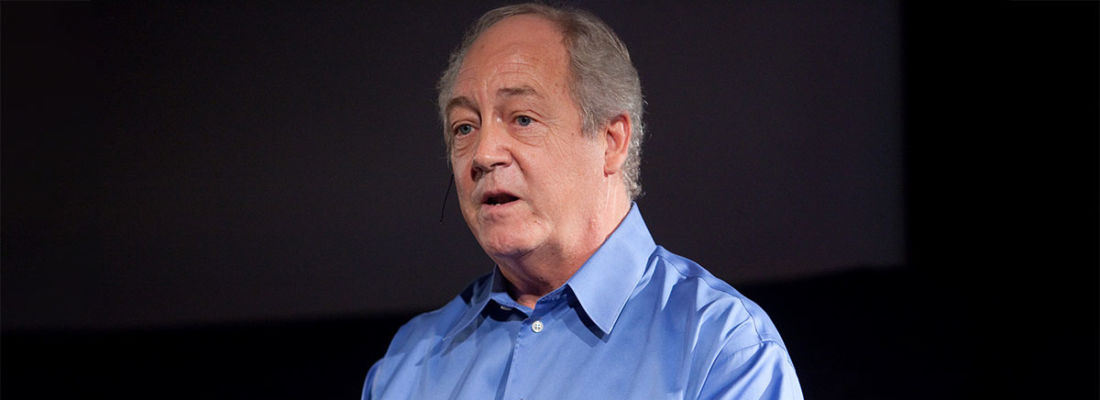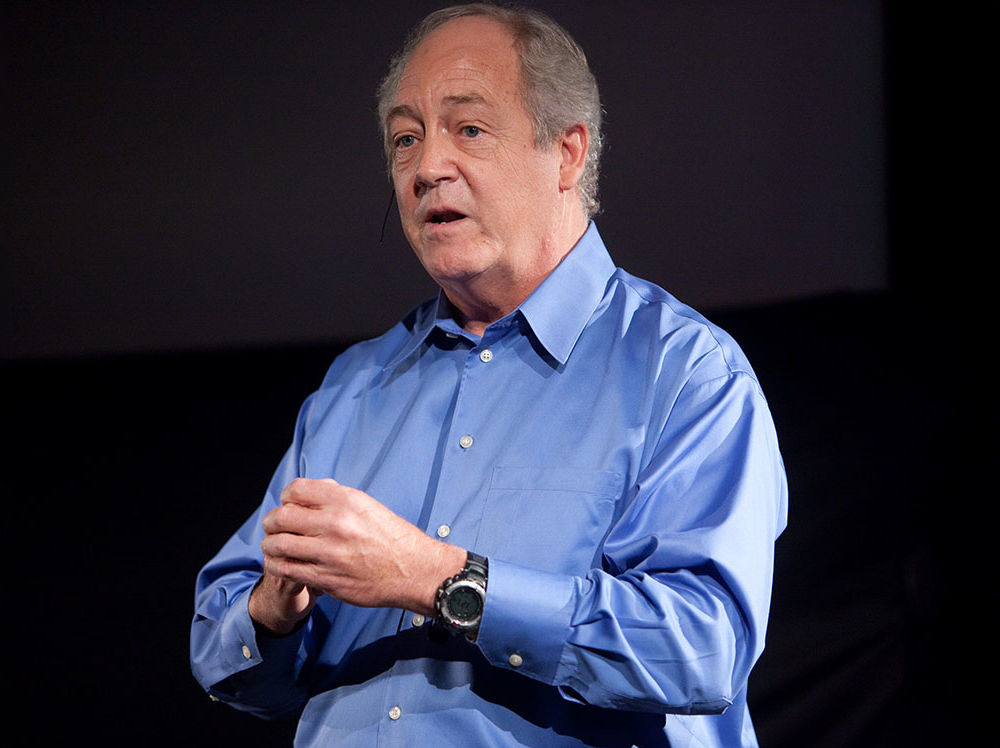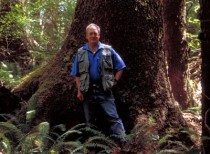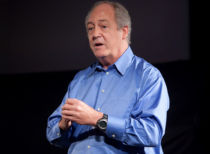Keynote Speeches
Based on his book Confessions of a Greenpeace Dropout, Moore gives an engaging firsthand account of his many years spent as the ultimate Greenpeace insider, a co-founder and leader in the organization’s top committee. Moore persuasively argues for us to rethink our conventional wisdom about environment and, in so doing, provides the audience with new ways in which to see the world.
It struck Patrick that the majority of today’s alleged environmental catastrophes and threats are invisible or very remote, thus making it virtually impossible for the average person to validate them through direct observation. In this presentation, Patrick explores the fundamental tenets of science, what this means for public discourse, political dynamics & who benefits from unverified stories. He explores case studies from 13 different highly publicized environmental claims to show why you can’t always believe what you hear, read or see from activists and the media. The focus of these case studies can be customized based on the goals of your particular event. Sample case studies include polar bear extinction, fossil fuels causing an inevitable climate catastrophe, coral reef destruction, The Great Pacific Plastic Garbage Patch & more.
Today, 86 percent of global energy is provided by fossil fuels. Oil alone accounts for over one-third of all the world’s energy. Fossil fuels will remain dominant into the foreseeable future but there are a number of reasons to reduce our reliance on fossil fuels and adopt alternative energy supplies. This presentation explains the limited role that intermittent technologies such as wind and solar can provide while demonstrating that there are viable alternatives for many services that fossil fuels provide now. Hydroelectric energy, nuclear energy, geothermal heat pumps, biomass and biofuels all have large potential. And while the mass use of electric vehicles will still be some time in coming, there is hope for this technology as well.
Trees are the answer to many questions about our future on Earth. Questions ranging from “What is the most environmentally friendly material to build our homes” to “How can we make the Earth more beautiful and green”? Wood is by far the most important renewable material and energy resource, yet much of today’s environmental movement is basically opposed to cutting trees. Dr. Moore believes we should be growing more trees and using more wood. And the way landscapes look to our eyes often deceives us into making judgments based on emotion rather then reason. This presentation opens our eyes on a very important subject.
This presentation is geared to audiences concerned with the future of agriculture and the environmental issues associated with growing our food and fiber. From pesticides to fertilizer to genetic modification, Dr. Moore makes the case for using science and technology to improve the nutrition and productivity of our food production systems. While Greenpeace and their allies denounce advances in genetics that could end malnutrition around the world, over 250,000 children go blind each year from vitamin A deficiency. The solution to this problem, genetically modified Golden Rice, has been available for over a decade, yet the anti-GMO campaigns have prevented its introduction. This and many other aspects of agricultural production show us that we can feed 9 billion people if we take advantage of the knowledge we already possess.













Similar Speakers 123